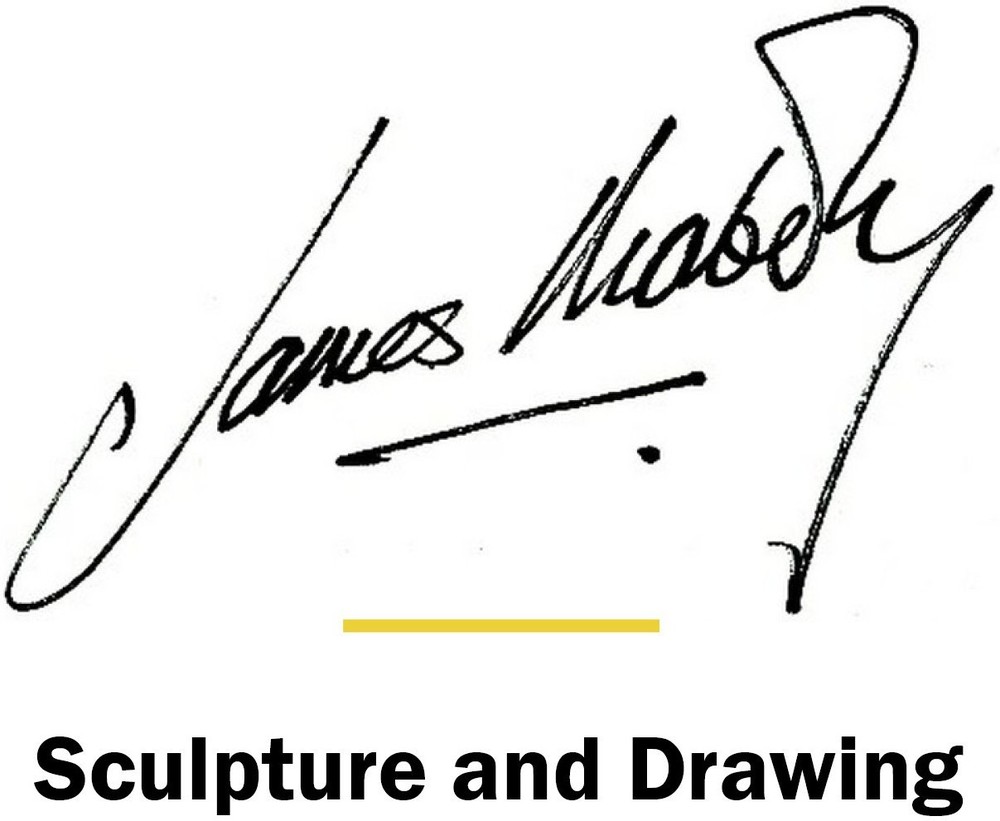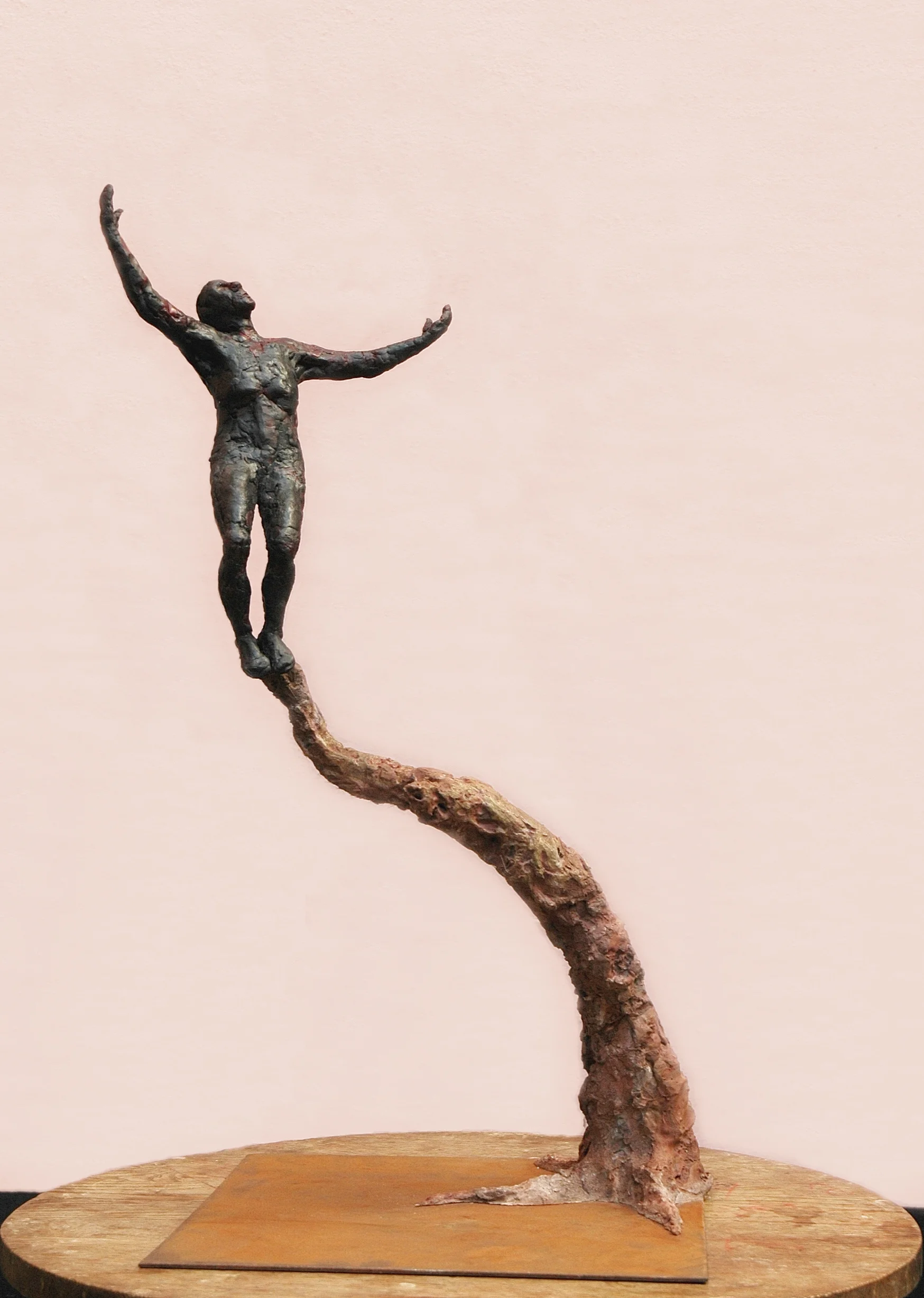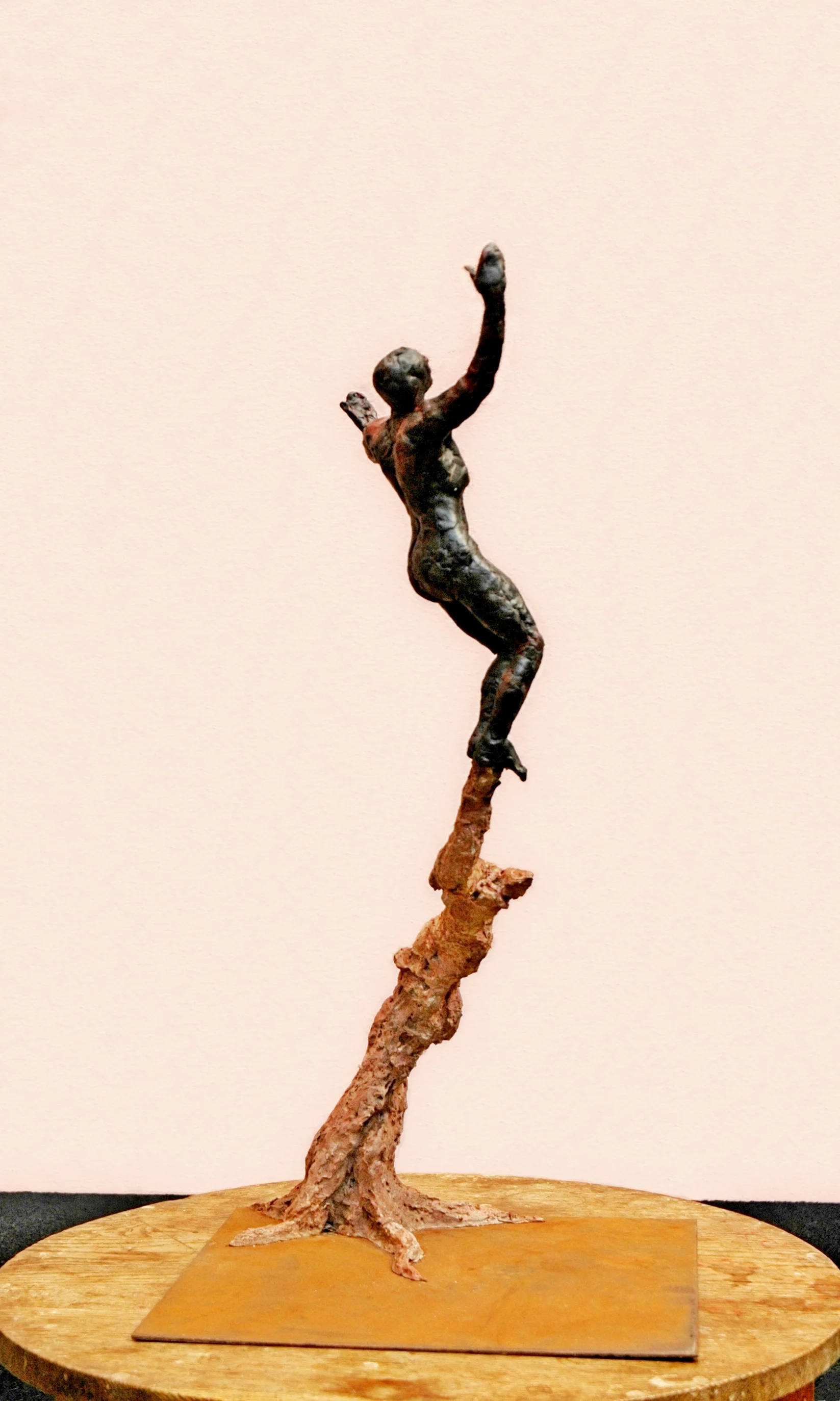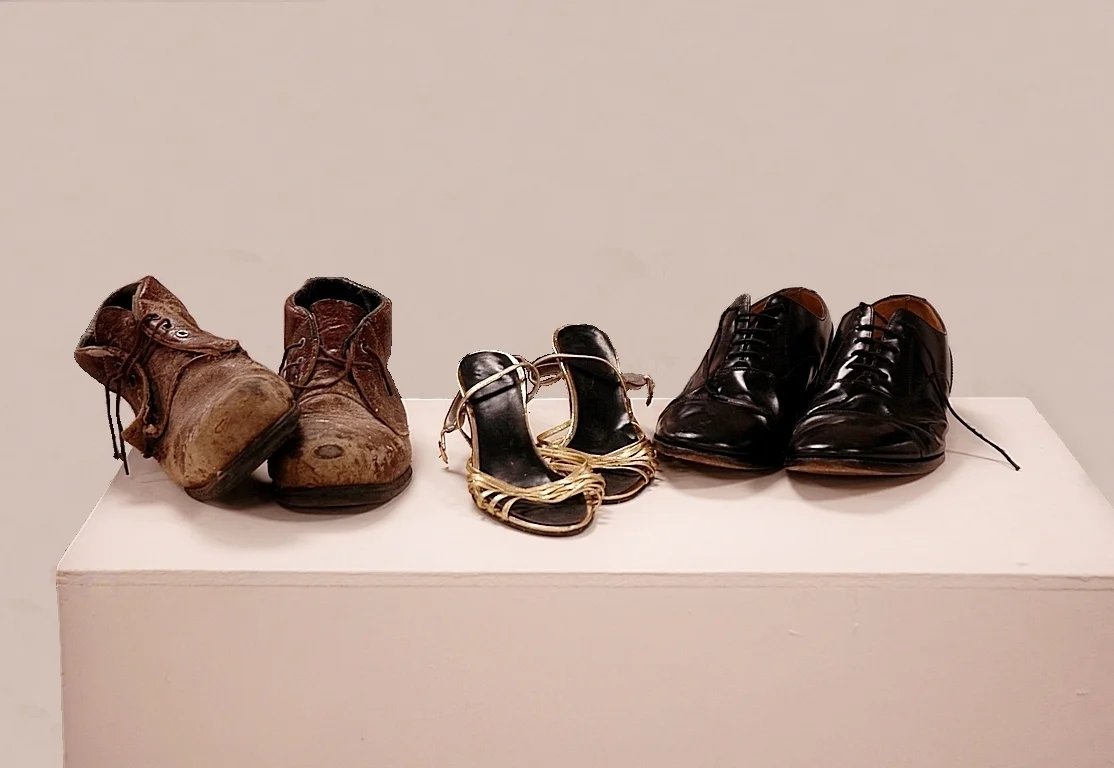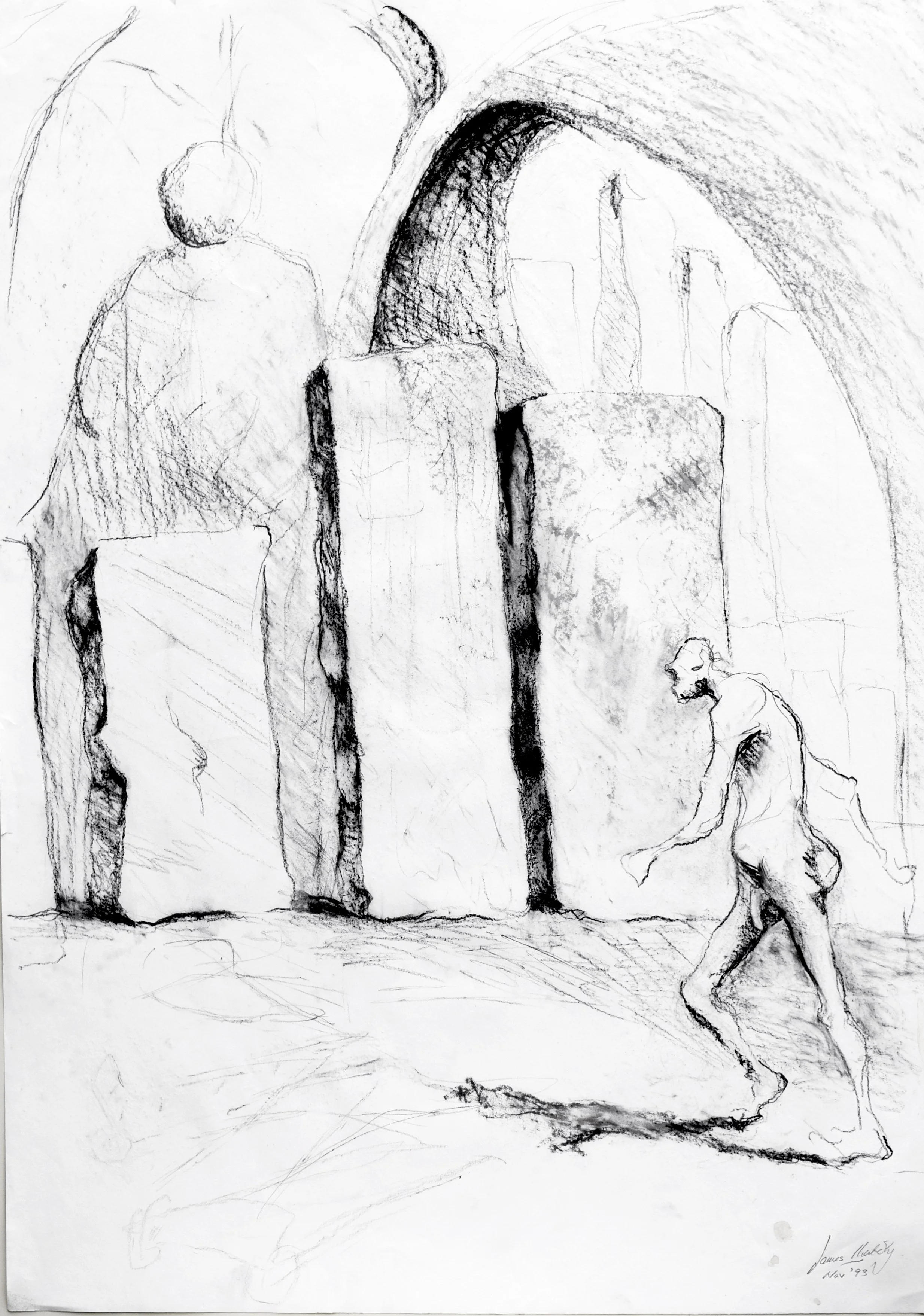I
I have always had a particular interest in the way we perceive spirituality - why is it that we all think our particular religion, or our particular 'branch' of the church is without doubt the best? In some cases, we even think it is the ONLY religion that gives us access to the true God. Some of us believe that the elimination of certain individuals who disagree with us or our beliefs is itself sanctioned by God. Then of course there are those of us who believe that going to war in God's name is acceptable. If both sides in a war believe God is on their side, which one is right?
I wonder also whether God exists as we imagine? Who or what is God? When we refer to God, we speak of ‘him’ (usually) and sometimes ‘her’. This suggests a human ‘likeness’. Are we just making God in our own likeness so that we can be more comfortable with ‘him’? In the process, do we not ‘limit’ our perception of God’s ‘awareness’ to a human ‘conception’ of things? We are mired in duality, i.e. good and bad, light and dark etc and so we readily and easily apply God’s approval of ‘us against them’ in war (for example).
Would not the American Indians’ name of ‘Wakan Tanka’ (The Great Mystery) or similar be better? Suddenly it is no longer a person. It is consciousness and energy which is everything we think we understand and way, way beyond……. Does this concept not help us to see a wider picture, way beyond duality, more into the conception of timelessness and a multi-dimensional reality? And how do our souls fit into this conception? And another thing… why are we here? Is it only one lifetime or many? Why do religious perceptions vary so much on this matter? Could it be that there is a much bigger picture that pretty much everyone has missed so far?
What we know is that each of us, whether male or female, carry an equal amount of masculine and feminine energy. Women tend to lean towards the feminine and vice versa, but this is definitely not the case for everyone. Men also tend to be afraid of the women, whereas I believe that women would not wish to keep men down - rather they would seek partnership with them. Men on the other hand for the last 3000 years at least, and probably longer, have dominated over women and are ‘reluctantly’ in the 21st Century, allowing them to join them as equals.
I have a particular interest in Jesus Christ, or Jeshua Ben Joseph as he was known when he was alive and also of Mary Magdalene. I have often wondered what Jeshua was like as an individual and what really did happen during his life. Did the three temptations really happen as explained, or are they simply a metaphor for the many experiences he had in the 13 years between his baptism and the wedding in Cana? And whose wedding was it?
Mary Magdalene was, it seems, a very remarkable lady. She lived in a patriarchal society amongst those who simply could not handle her closeness to Jeshua, or indeed her higher level of consciousness. More particularly, they did not want a woman in the hierarchy of the new ‘movement’ they were establishing. As a result, they portrayed her as a fallen woman, dragging her name through the gutter. To this day, their teachings remain the biggest blight on the Catholic Church, that only men can become ordained and no priest can take a wife.
I have completed a number of sculptures and drawings around aspects of the life of Christ, all of which raise questions. Look at the captions on the images and they will hopefully provide you with ideas to contemplate.
